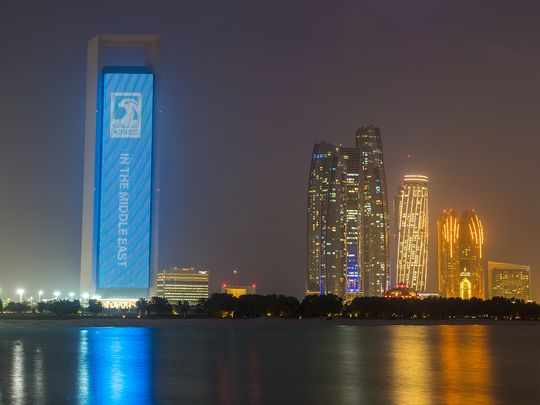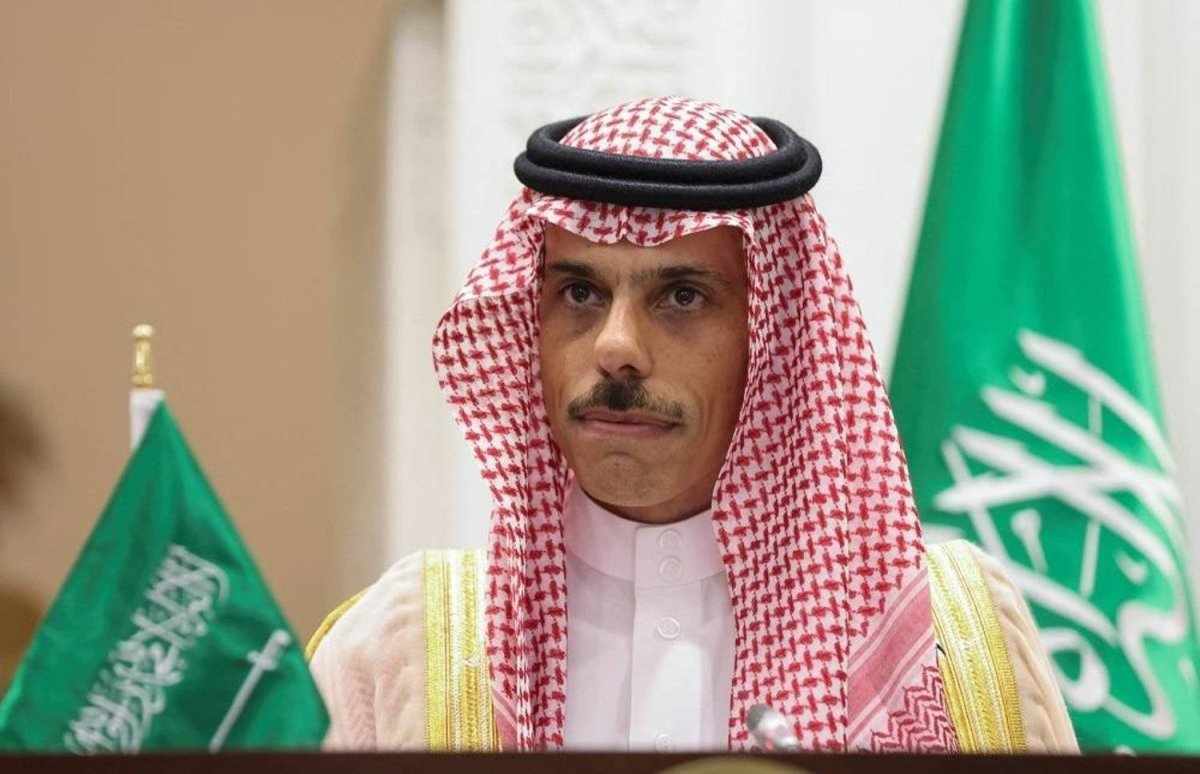Explainer: OPEC+ will not boost oil production after Russia cut
- Date: 11-Feb-2023
- Source: Al-Monitor
- Sector:Oil & Gas
- Country:Saudi Arabia
Explainer: OPEC+ will not boost oil production after Russia cut
Russia announced a major oil production cut Friday, a move that could have ramifications for Middle East oil producers.
What happened: Russia said it would cut production by 500,000 barrels per day starting in March. The price of Brent crude oil rose from around $85 to nearly $87 a barrel early Friday around the time the news broke, according to market data.
Bloomberg subsequently reported that the OPEC+ alliance of oil producing countries will not boost production in light of Russia’s cut. OPEC+ is therefore set to produce less oil collectively come March.
Reuters reported that Russia did not consult with OPEC+ ahead of the announcement.
What it means: OPEC+ consists of members of the Organization of the Petroleum Exporting Countries (OPEC) and a few other major oil producers, most notably Russia. Saudi Arabia is the biggest oil producer in OPEC.
OPEC+ agreed last month to leave oil production unchanged. Its current agreement on production levels lasts through the end of 2023.
Matthew Bey, a senior analyst at the RANE Network, said OPEC+ did not boost production in response to Russia due to its current agreement and that OPEC+ could benefit from the effects of Russia’s cut on global oil prices.
“OPEC+ countries get a free-rider bonus to



















